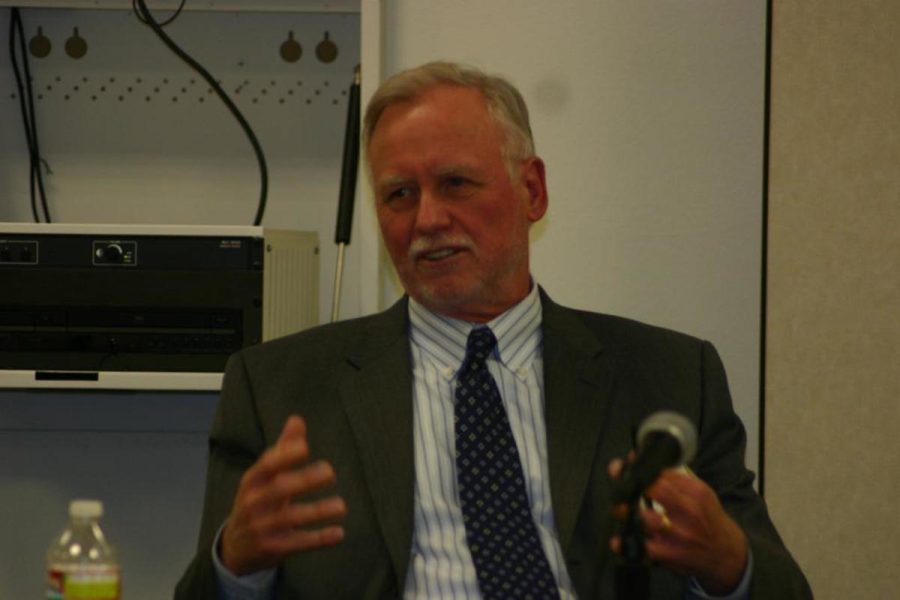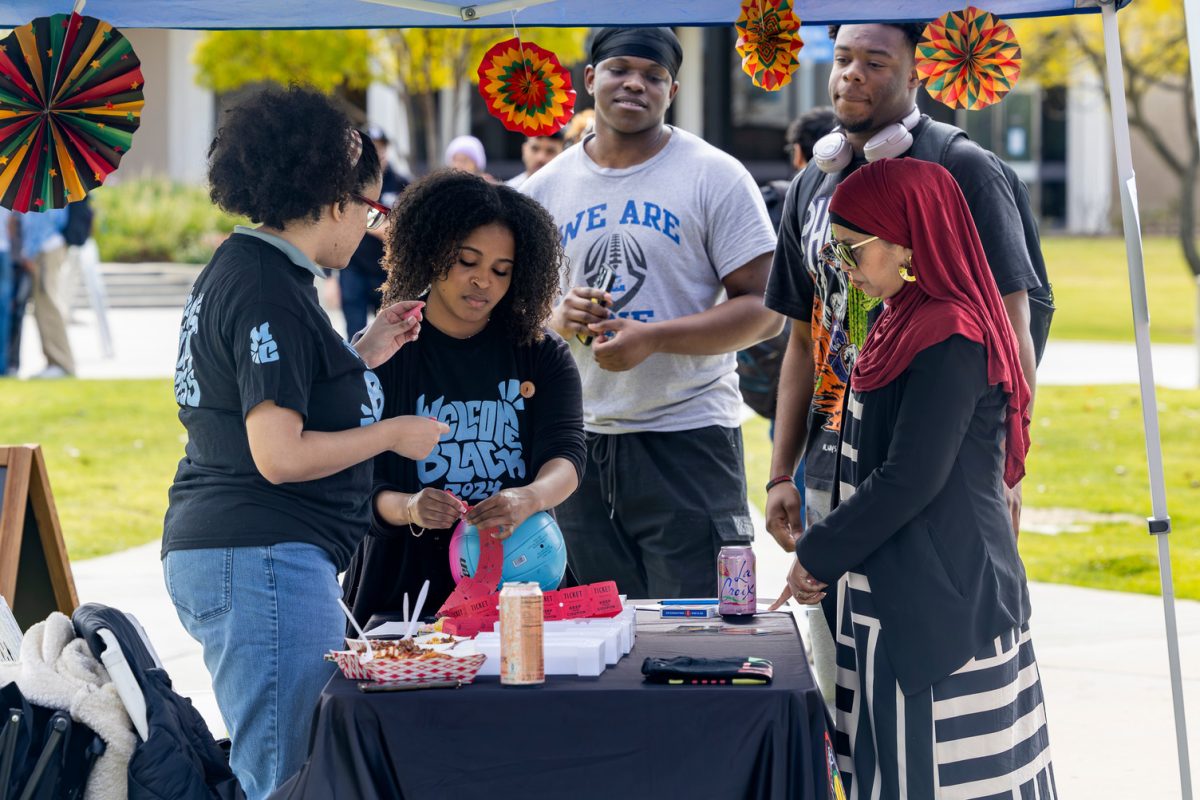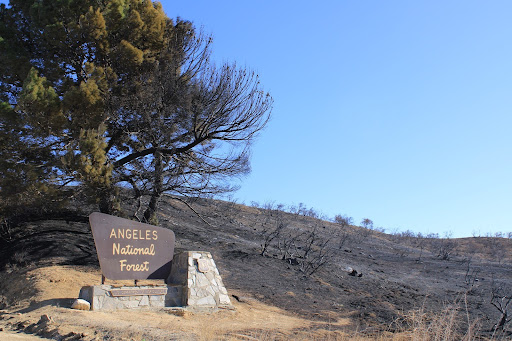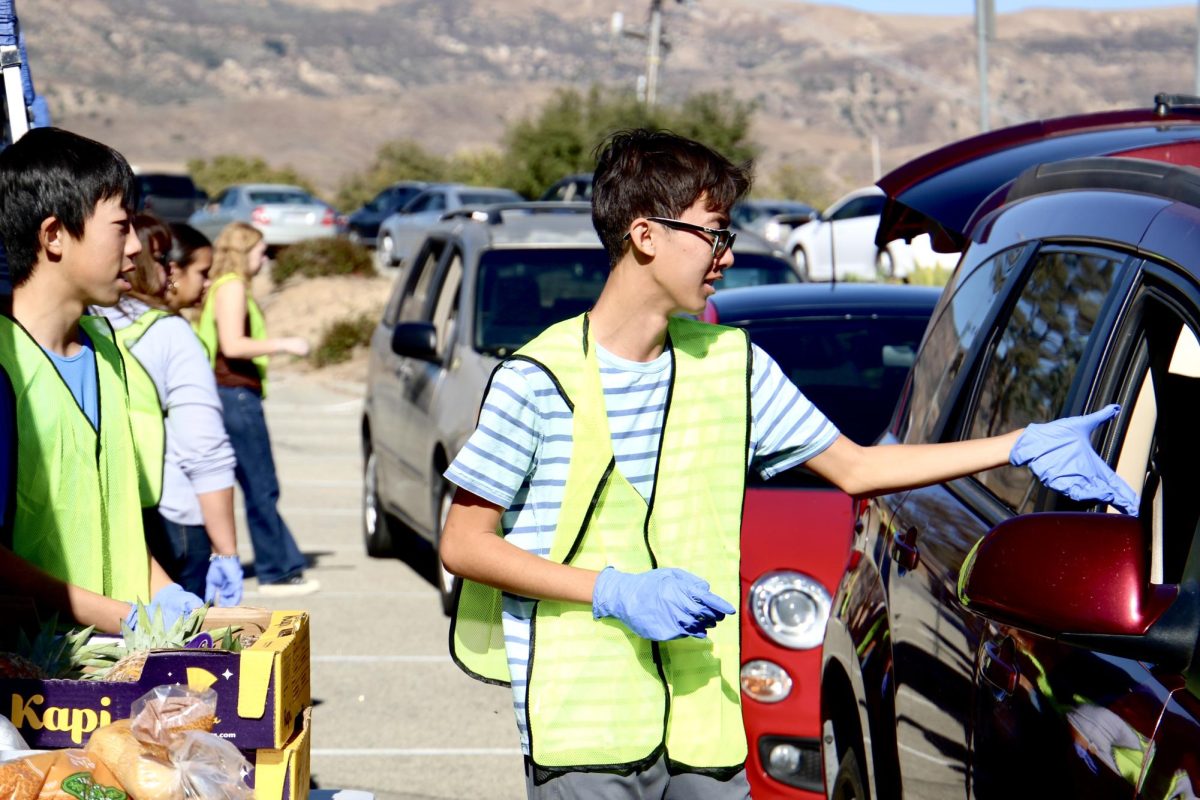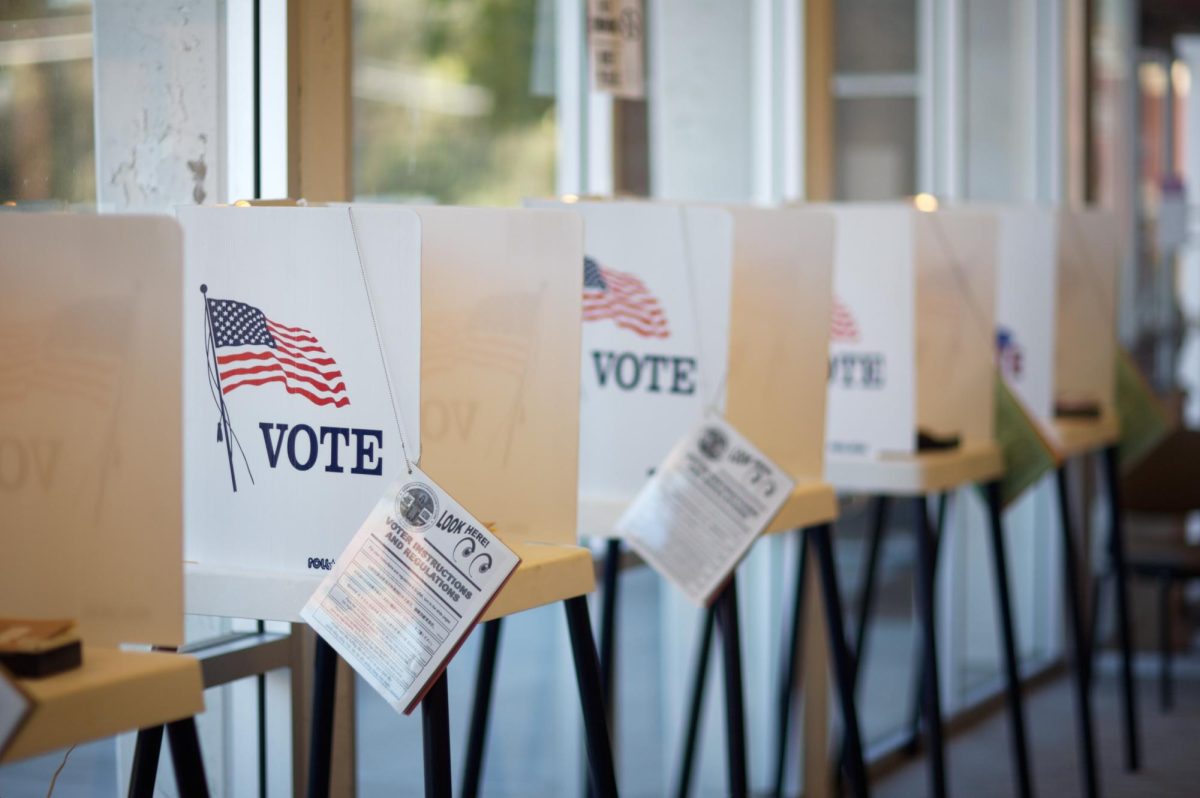Oxnard College students attended a public forum held at the CLU Oxnard Campus, sponsored by the Gold Coast Chapter of the Federalist Society. Several significant judicial topics were discussed amongst the panelists and the audience.
Natalie Panossian, GCCFS President and attorney, coordinated the forum in order to educate the public about constitutional issues. The guest panelists included Joerg Knipprath, professor at Southwestern University School of Law, Adam Winkler, professor at UCLA School of Law and Barry McDonald, professor at Pepperdine University.
“I think it’s a great learning experience for students and it inspires them to learn more about government,” said Panossian. “It’s also a great venue for students to network with elected officials who come to events like these.”
The forum titled, “Oyez! Oyez! Oyez! – Significant U.S. Supreme Court Trends and Decisions,” explored cases and issues like Proposition 8, 1st and 2nd Amendment issues, the immigration laws of Arizona, recusals by Supreme Court Justices, the Obama Care Program, and many others.
This was a free event that welcomed the public with a reception of hors d’oeuvres. While guests mingled, those interested had a chance to learn about the benefits of being part of The Federalist Society.
According to their membership booklet, The Federalist Society for Law and Public Policy Studies is a group of conservatives and libertarians interested in the current state of the legal order.
The most prominent issue that the panelists were posed with was that of Proposition 8. Although other questions were posed, this particular topic kept circling back more than any other.
“My personal belief is that the ban of gay marriage is a violation of the due process clause,” said Winkler. “Unfortunately, for proponents of Proposition 8, the Supreme Court has made clear in case after case, that animist towards a class of people is not a basis for denying them rights.”
Knipprath also commented on the issues of gay rights by stating that this is major a shift, it affects fundamental morals and these kinds of cases always raise controversy.
“It affects people in a very emotional way on both sides of the issue,” said Knipprath. “Courts don’t want to get involved and they prefer that the political process sort them out. I believe it is unconstitutional simply because there is nothing in the constitution that protects same-sex marriage.”
In other significant topics, 1st Amendment issues seemed to tail Proposition 8, for much of the forum.
“It’s very important for students to learn both their rights and the limitation of free speech,” said Knipprath. “Free speech is a key component of republican government, so it’s important for students to get involved and remain involved as they go through adulthood.”
Knipprath also stated that one of the things that distinguish the U.S. from so many other cultures is the very vibrant, political involvement of freedom of speech that is not recognized in Canada or the United Kingdom, in the same way as it is in the U.S.
John Garcia, Associated Student Government Senator, thought the discussion was very informational and enlightening.
“This event made me think of what an exceptional job our Founding Fathers did when they gathered in Philadelphia to create the laws that govern us,” said Garcia. “We live by these laws and we are able to discuss these issues freely in a public forum such as this.”
Winkler also stressed the importance for students to learn about court trends and decisions, citing that the Supreme Court deals with all our most controversial, hot-button issues and often has the last word.
“And if students want to understand what’s going on in politics and the legal regulation that controls their lives,” said Winkler. “They have to know what’s going on in the Supreme Court.”
For more information on this society, please visit www.fed-soc.org.

Adam Winkler, UCLA School of Law professor, was one of three guest panelists at the forum. (Photo by Oscar Machuca)

